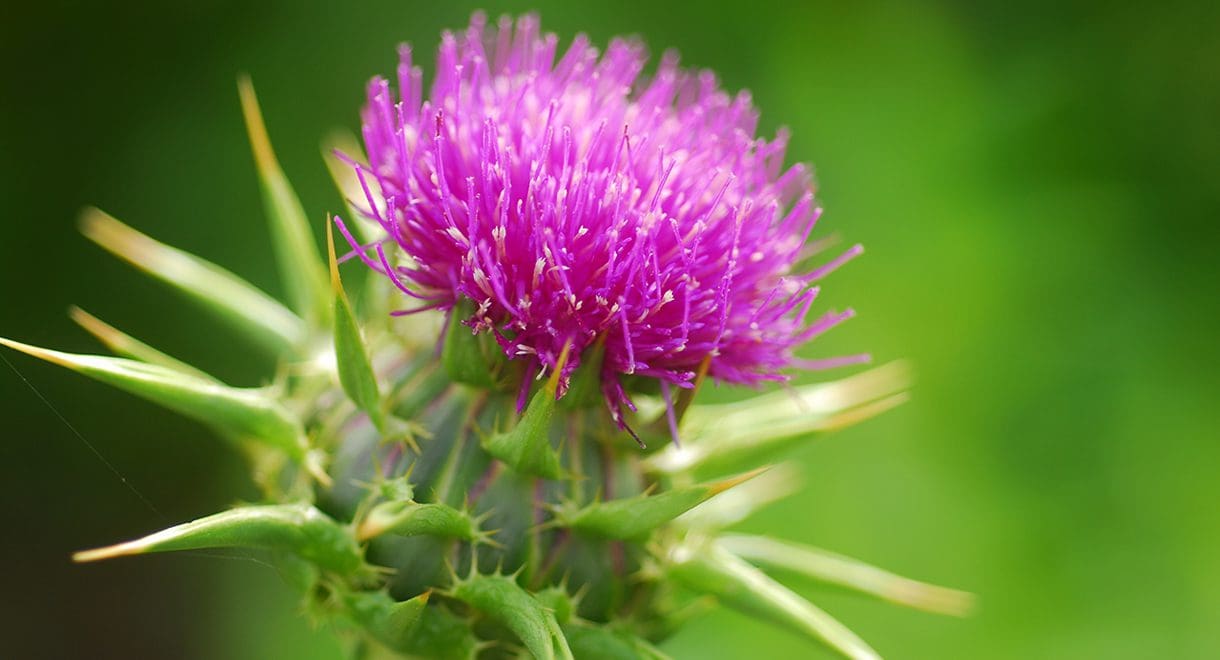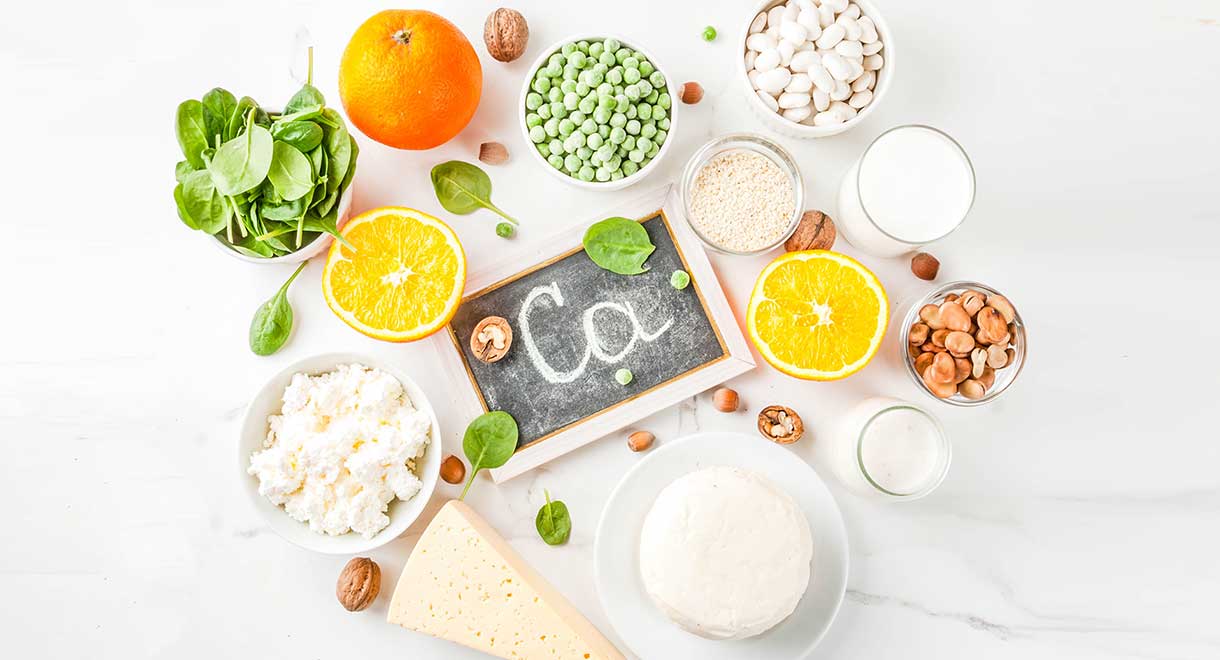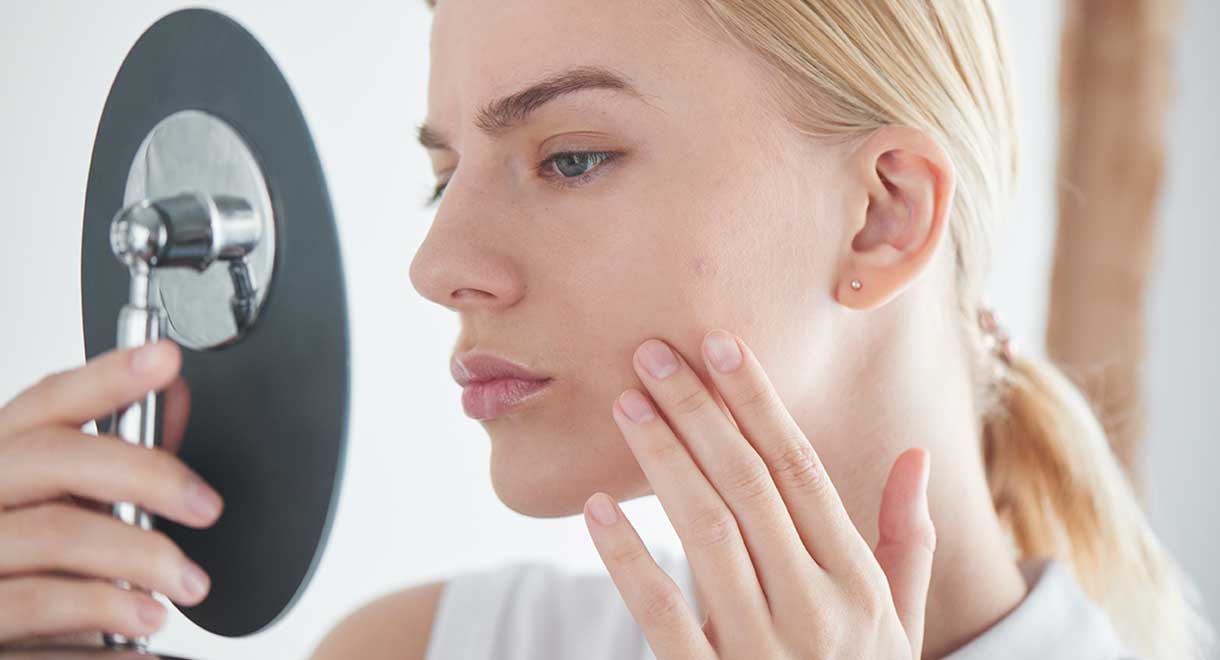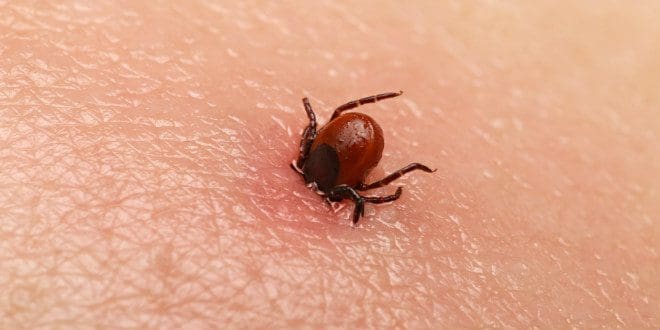Could your skin problems be connected to your liver?
By Nutrition Consultant Jessica Robinson
If you are looking at improving the health of your skin, looking at the gut is a good starting place, but did you know the liver also plays an essential role in our complexion. Not only is a healthy liver essential for our energy levels, weight control, digestive health, mood, hormone levels, blood pressure levels and cholesterol levels, but it is also important for the maintenance of our skin.
One of the liver’s vital roles is breaking down and eliminating toxins in the body such as alcohol, debris, and precancerous cells. If your liver is not functioning optimally, toxins are insufficiently broken down and are forced to be eliminated via our skin. These irritating toxins can inflame the skin resulting in dermatitis, eczema, brown liver spots, rashes, hives, psoriasis, acne rosacea, dryness, and dull and sagging skin. In many circumstances, poor skin quality is an indicator of poor liver function or future liver problems.
The liver is our main pathway for the elimination of toxins which includes any toxins that are present in the air we breathe, the food we eat or the drinks we consume. When our liver becomes congested and becomes less effective at eliminating toxins, our body attempts to purge these toxins through other ways, such as our pores. Hence, our skin can be a direct indicator of what is going on inside our body.
The liver is also responsible for breaking down fat, so when our liver is not functioning optimally fat begins to circulate in the bloodstream and can end up being used by the sebaceous glands. Sebaceous glands are small oil-producing glands that are distributed over our entire body, and are most abundant on the scalp and face. Sebaceous glands release a fatty substance, sebum, to form the slightly greasy surface of the skin, thus helping to keep the skin flexible and prevent dryness. If the substance that your body is using to produce sebum (from the bloodstream) contains fat-soluble material that is inflammatory or loaded with toxins, a lot can end up in the sebum. And if you are consuming unhealthy fats, it can cause congestion and cause sebum to be thicker than usual which increases the chances of pores becoming clogged.

How can we nurture our liver?
One of the most efficient ways to promote a healthy liver, is eating clean. Liver-friendly foods include fresh vegetables and fruits, especially vegetables high in sulphur such as broccoli, cabbage, kale, spinach, Brussels sprouts, and cauliflower. It is also important to eat plenty of good quality protein sources (chicken, seafood, lean meat, eggs), good fats (avocadoes, seafood, cold pressed olive oil, coconut oil), nuts and seeds. Make sure to minimise your intake of alcohol, sugar, unhealthy fats and processed foods which promote inflammation throughout the body and congest the liver, thereby contributing to a number of health issues.
Ensure you keep stress to a minimum. Stress, tension and anxiety can have a detrimental effect on our liver and overall health. Exercising is an efficient way to promote the removal of toxins and keep your emotions in check. Yoga and meditation are a great way to release negative energy and promote positive thinking. Set aside time each day to do something you enjoy or find relaxing. Read a chapter of your favourite novel, spend time with a loved one, listen to some relaxing music or cook one of your favourite dishes.

Do I need to take supplements?
Taking a good liver tonic is a great way to be proactive about the health of your liver, by helping to support the breakdown and elimination of toxins and reducing the risk of damaging this essential organ.
Good liver nutrients include:
- St Mary’s Thistle – Aka milk thistle, is one of the most potent liver detoxifying herbs and can strengthen the liver cell walls, protect liver cells from invading toxins and support liver regeneration.
- Turmeric – Curcumin is the active component of turmeric, which is a powerful antioxidant and liver protector. Curcumin is a very powerful anti-inflammatory and can decrease the number of molecules that cause liver damage and fibrosis.
- Taurine – Is required for the manufacture of bile which is needed for the elimination of toxins and drugs from the body. The liver requires plentiful amounts of taurine. Bile is also critical for digestion and absorption of fats and fat-soluble vitamins.
- B vitamins – Many individuals who drink excess alcohol or have high stress levels are deficient in B vitamins which can increase the likelihood of liver damage. B vitamins are necessary for the production of energy and metabolism in the liver, and many individuals with liver problems feel fatigued.
- Selenium – Is a vital mineral to our liver as it enhances liver detoxification pathways and promotes glutathione synthesis. Glutathione is our body’s most potent antioxidant. Selenium has powerful antiviral, antioxidant and anti-inflammatory effects.
If you are suffering from a sluggish liver, liver dysfunction or simply want to improve your liver health, we suggest you follow the diet in Dr Cabot’s award-winning book ‘The Liver Cleansing Diet’.









Leave A Comment